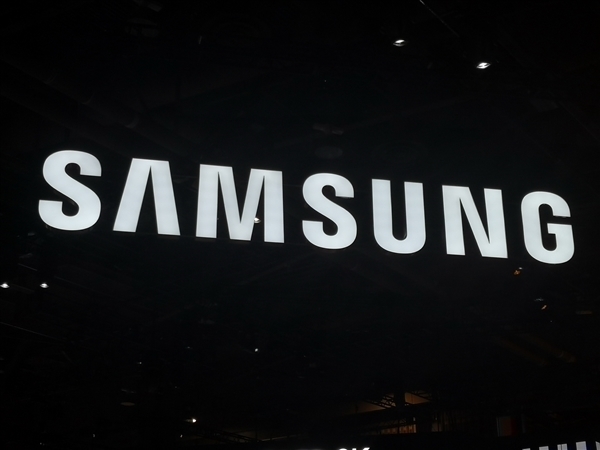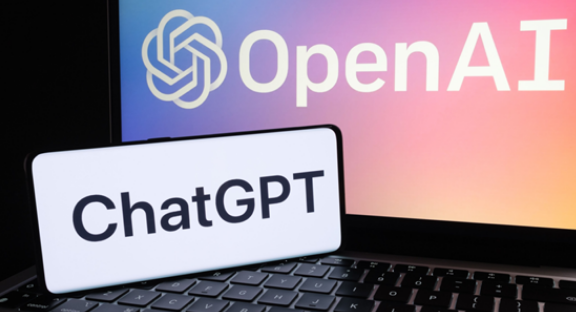April 29, 2024 – A recent survey has revealed that managers are increasingly concerned about the potential negative impact of widespread use of powerful generative AI tools like OpenAI’s ChatGPT in the workplace on their salary levels.
To delve deeper into managers’ attitudes towards artificial intelligence technology, AI startup Beautiful.ai surveyed 3,000 American management-level employees. The results showed that 48% of managers believe AI tools pose a threat to their compensation, predicting that this trend will further exacerbate the decline in wages across the US in 2024.
This concern is not unfounded, partly stemming from the high recognition of AI’s capabilities. A staggering 64% of respondents felt that the output and productivity of AI are “comparable” or “possibly better” than the work quality produced by human managers.
Indeed, AI technology has become increasingly powerful and diverse. For instance, since its launch in November 2022, ChatGPT has been able to generate videos, create marketing materials, and even develop lesson plans. Earlier this March, startup Cognition unveiled Devin, touted as the “first AI software engineer,” capable of fixing bugs and training other AI models.

Furthermore, executives seem uneasy about the possibility of these tools leading to reduced employee salaries. Beautiful.ai’s survey indicated that 62% of the executive respondents stated their employees fear AI could eventually cause them to lose their jobs. Meanwhile, 45% of executives believe this technology will drive down salaries across the entire workforce.
The survey also pointed out, “There’s no doubt that the introduction of AI tools has made employees question their value to the company.”
A growing number of studies are revealing a common perception: employees generally believe AI technology will affect their income. Last May, a survey released by the market research software platform Pollfish showed that nearly 79% of American workers are concerned about the adoption of AI technology, including its potential to lower their salary levels.
Moreover, this technology seems to have already started posing a threat to certain job positions. According to data from the layoff tracker Layoffs.fyi, over 70,000 employees in the tech industry had been laid off in 2024 as of April 28. Analysts suggest this phenomenon might be closely related to the increase in AI investments. For example, the CEO of an e-commerce company revealed that he had replaced 90% of his support staff with an AI chatbot. A freelance writer complained that her clients were beginning to be poached by AIs like ChatGPT.
However, AI technology is not all negative. It also has the potential to boost salaries. A study conducted by the technology consulting firm Access Partnership in December last year found that employers are willing to offer at least a 30% salary increase to employees with AI skills. To attract such talent, large companies are even offering salaries well above six figures. Additionally, generative AI has spawned entirely new professions, such as ChatGPT course instructors and content editors.
Although there are still many unknowns about how AI will radically transform the workplace, Beautiful.ai’s data shows that 64% of managers have begun incorporating AI technology into their daily or weekly employee management since the beginning of 2024.
The survey stated, “Businesses can expect to see more possibilities from AI in the future. The question now is no longer whether this technology should be adopted in the workplace, but rather when and how to effectively integrate it into daily operations.”












